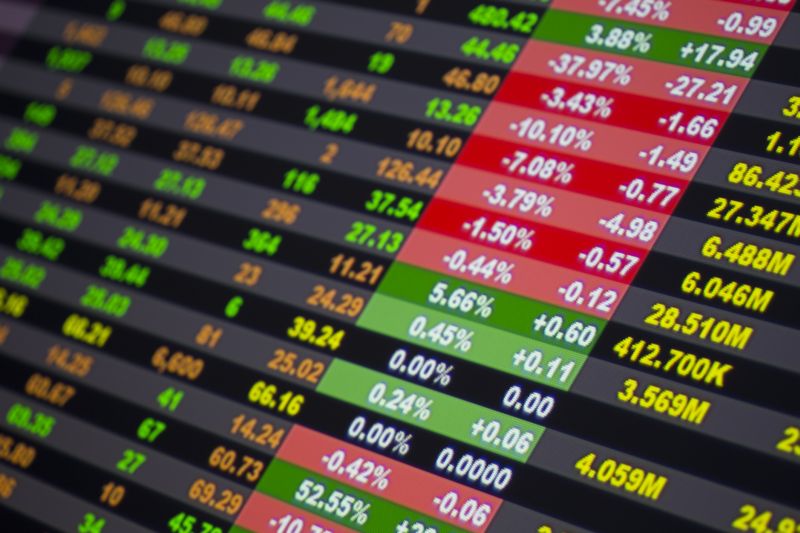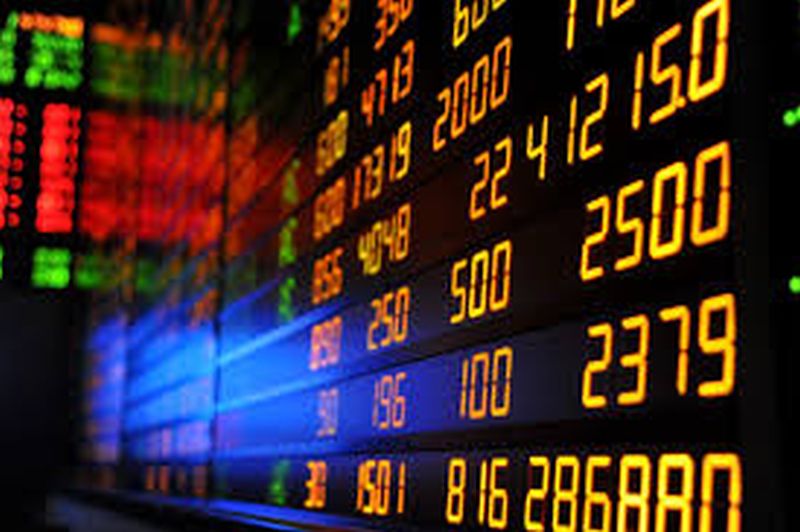What happened in the U.S markets in the last week?
On Friday (September 26, 2014), the U.S stock markets were up. The Dow Jones Industrial Average (DJIA) rose by 0.99%, to 17,113.19; the S&P 500 (SPX) increased by 0.86%, to 1,982.85; the Nasdaq Composite (COMP) rose 1.02%, to 4,512.19.
However, they showed losses for the week due to the mixed U.S and global economic data and geopolitical worries. For the whole week, DJIA decreased by 166.59 points or 1%; S&P 500 decreased by 27.55 points or 1.4%; Nasdaq Composite fell by 67.60 points or 1.5%.
On the year-to-date basis, DJIA increased by 3.24%, S&P 500 rose by 7.28%, and Nasdaq Composite increased by 8.04%.
Last week, U.S. investors focused on the following developments;
- According to some news reports, Russia might seize Western assets in retaliation for sanctions. Also, some military operations in Syria against to ISIS put pressures on the markets.
- US second-quarter gross domestic product (GDP) seasonally revised to 4.6% from 4.2%, thanks to increasing investments and exports.
- US new home sales rose by 18% in August reaching 504.000, which is much higher than the estimate of 430.000. Also, previous data revised up to 427.000 from 412.000.
- US existing home sales decreased by 1.8% in August, toyearly amount of 5.05 millions, which is lower than the average expectation of 5.18 millions. Also, previous data slightly revised down to 5.14 millions from 5.15 millions.
- US durable goods orders decreased by 18.2% in August. Expectation was 17.1% fall. However, core durable goods orders (excluding transportation) rose by 0.7%, following a decline of 0.5% in July. Analysts estimated a 0.8% increase for August.
- US weekly initial jobless claims rose by 12.000 to 293.000, which is lower than the estimate of 300.000. The four-week moving average fell 1,250 to 298,500.
- Germany’s manufacturing PMI dropped to 50.3, the lowest level since June 2013.
- The HSBC/Markit China PMI rose to 50.5 in September from a final reading of 50.2 in August.
- Japan’s annual core rate of consumer inflation slowed to 1.1% in August from 1.3% in July,


